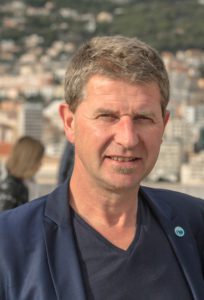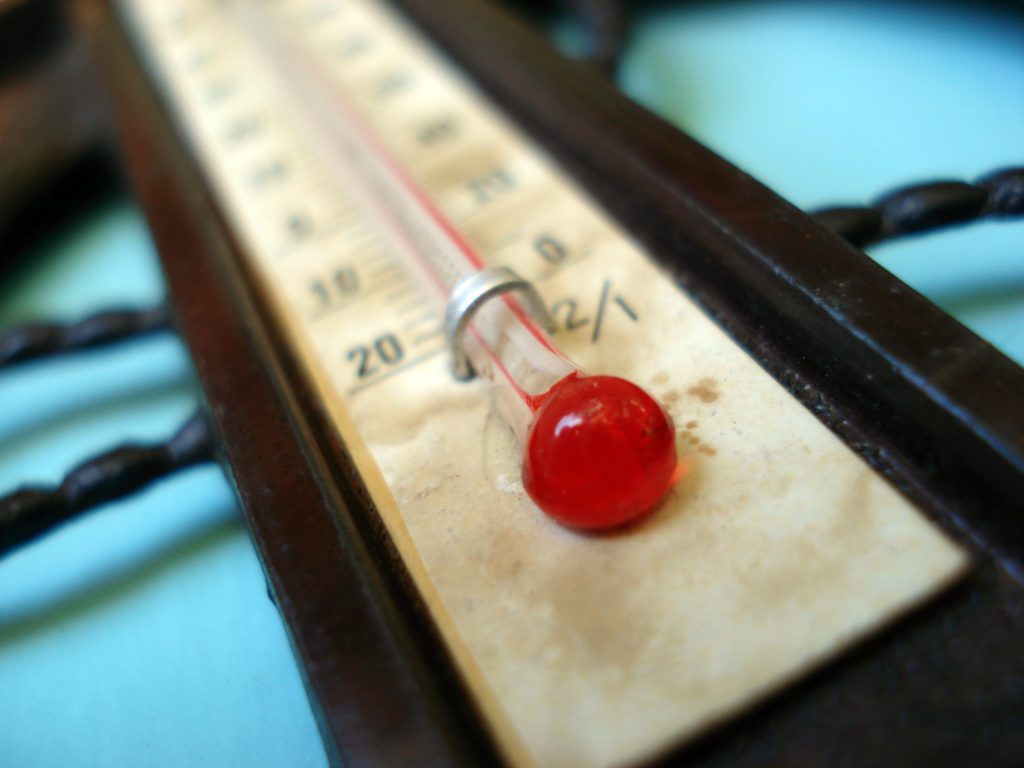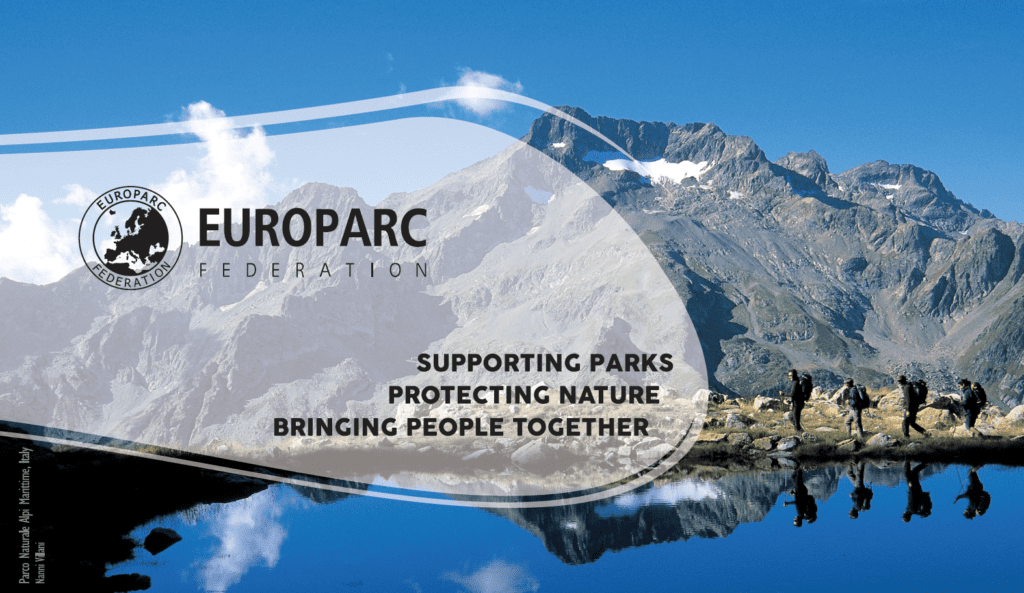The Unbearable Lightness of Being (and the alarming results of the IPBES global biodiversity assessment)
The IPBES Global Biodiversity Assessement, launched in May 2019. https://www.ipbes.net/news/Media-Release-Global-Assessment Image from IPBES
 Article issued by Ignace Schops, President of EUROPARC Federation
Article issued by Ignace Schops, President of EUROPARC Federation
The Unbearable Lightness of Being
The Intergovernmental Panel on Biodiversity and Ecosystem Services – IPBES – is very clear: we are destroying what keeps us alive. In the recently launched Global Assessment Report on Biodiversity and Ecosystem Services, hundreds of scientists from more than fifty countries sound the alarm: nature and its biodiversity have never been this bad in human history.
A million species are threatened with extinction, the rate of extinction is increasing and serious consequences for humanity are now very likely,
the scientists say. “We are affecting the fundamentals of our economies, livelihoods, food security, health and quality of life worldwide”. The impact of humanity on species and ecosystems is too heavy and we are rapidly losing our comfort zone. It is like Greta Thunberg already stated: “we need to panic”!
There are a series of alarming numbers:
- the rate at which animal and plant species are declining is tens to hundreds of times higher than in the last ten million years;
- 1 million of the roughly 8 million known species are threatened – a thinning that occurred only five times before in world history (the last time 66 million years ago, when the dinosaurs, among others, disappeared);
- 85 percent of the marshes have already disappeared;
- one-third of the corals, one-third of the marine mammals and more than forty percent of the amphibians are endangered;
- the timber harvest has increased by almost half since 1970; even of our domesticated and bred mammals, ten percent have died out in the last five centuries.
And not to forget: since 1970 the world population has doubled again. The essential, interconnected web of life on Earth is becoming smaller and more ragged, and that is a direct consequence of human activity. Those human activities are, in order of effect: more intensive use of land and sea; overexploitation of organisms, like logging, overfishing, etc.; pollution over-all. Plastic pollution has increased a tenfold since 1980; transport of invasive alien species has increased by 70% since 1970, ….
And global warming of course! There is a similarity between the fight against biodiversity loss, ecosystems degradation, and global warming: we have already set ourselves goals, and we have not achieved them. In four of the twenty objectives for 2020 of the 2010 Convention on Biodiversity, we are more or less on schedule. For six objectives we fail! Next year, in 2020, a new international biodiversity agreement should be concluded in the Chinese city of Kunming.

A Transformative change
Oh yes, there is hope. According to the report, there are still solutions. Yet, if we immediately protect all species and their essential habitats and ecosystems – half earth – and are prepared to make fundamental changes to our way of life. We had to do the latter to protect ourselves against the worst effects of global warming. Both problems are strongly intertwined. If nature deteriorates, it is because we plunder, pollute, repress and warm them up.
The scientists say that biodiversity can still be saved, but only with drastic measures. They themselves speak of “transformative” interventions. They require policy and have social and economic consequences that must also be absorbed. Exactly what policy we must pursue is a difficult choice and feed for negotiations. The report offers a wide range of possible actions and trajectories to achieve more sustainability across the different sectors: agriculture, fishing, water use, urbanization, energy, trade, energy production, economic growth.
EUROPARC Federation: safeguarding species and ecosystems is safeguarding ourselves!
Sustainable nature, valued by people. EUROPARC seeks to build a strong, united voice for Europe’s natural heritage. So we have a responsibility towards the outcome of this report!
United with all our members and allies we prove every day that it is possible to safeguard and maintain the wild while building strong, inclusive and sustainable societies.
We have a choice! If we don’t do it, who will? If we don’t do it together, how will we do it? And if we don’t do it now, when will we do it? Let’s not destroy what keeps us alive.
Think globally, act locally and change personally!
